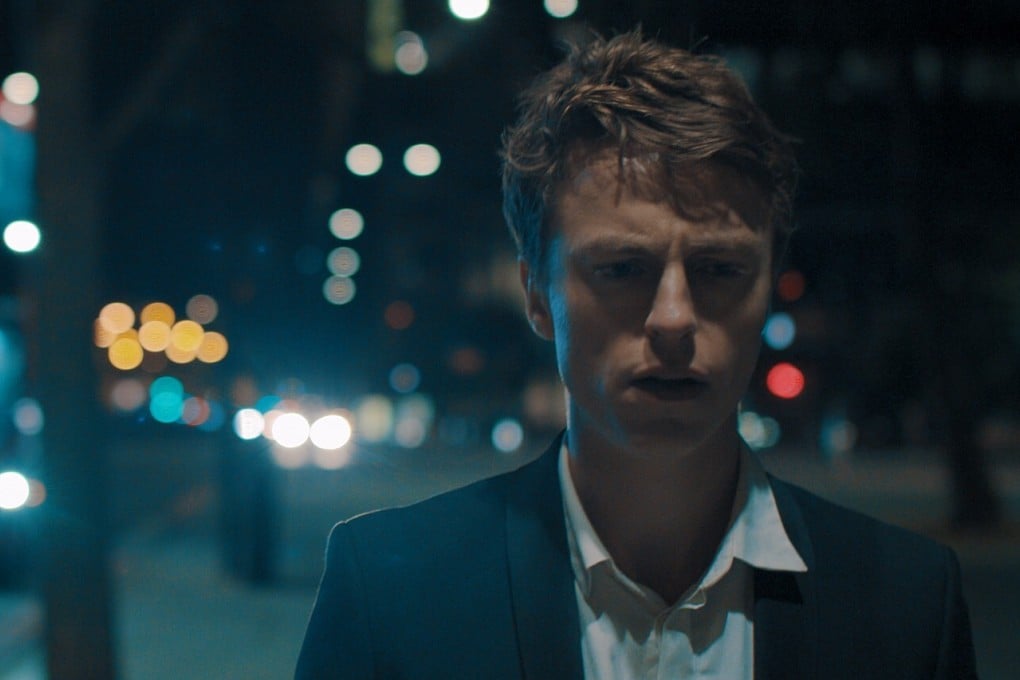Seven endings, 180 choices: first interactive feature film in cinemas, crime thriller Late Shift, is a hit with audiences
- Cinemas in Taiwan were full when Late Shift was shown, its storyline determined by film-goers who used an app to vote on what its protagonist should do next
- The film’s makers will use viewers’ decisions to refine the kinds of choices, and the number of them, audiences will make in six upcoming interactive features

Late Shift is the first feature-length interactive movie in the world to receive a wide theatrical release. The film attracted big audiences when it was screened this summer in nine cities in Taiwan. In the first weekend after its release there, 99 per cent of seats in cinemas showing the film were filled.
The company behind the movie, Kino, set up in 2017 when crime thriller Late Shift was first screened at the Cannes Film Festival in France, is headquartered in Los Angeles and Beijing. Ronan Wong Kwok-yin, chief operating officer of Kino Asia, says that, following its Taiwan debut, the movie can be expected to have a theatrical release in mainland China, Hong Kong, Singapore, South Korea and Malaysia.
“This movie has [so far] made a lot of money,” Wong tells the Post in a recent interview in Beijing. “Just the proceeds we earn from online viewings make the movie profitable. Over 50 per cent of the online viewing profits come from the mainland.” Late Shift has been available on PlayStation, Xbox, Apple TV and other platforms since 2017. It costs 30 yuan on pay-per-view in China, and US$4.99 in Taiwan.
The story of Matt, a student forced into the robbery of an auction house, the movie has four hours of footage, encompassing seven alternative endings and 180 binary scenarios, in which the audience, using a phone application, has to make an instant choice between two options. When audiences attend a screening, they do not see all those scenarios because their choices lead to only one ending; the film runs for about 90 minutes and typically involves making choices about what Matt does next in 60-plus binary scenarios.
During seven screenings at the Beijing International Film Festival in August, the audiences’ choices meant there could be four possible endings. While each of the screenings finished with one ending generated by the collective choices, viewers were shown two other endings on the big screen as well.